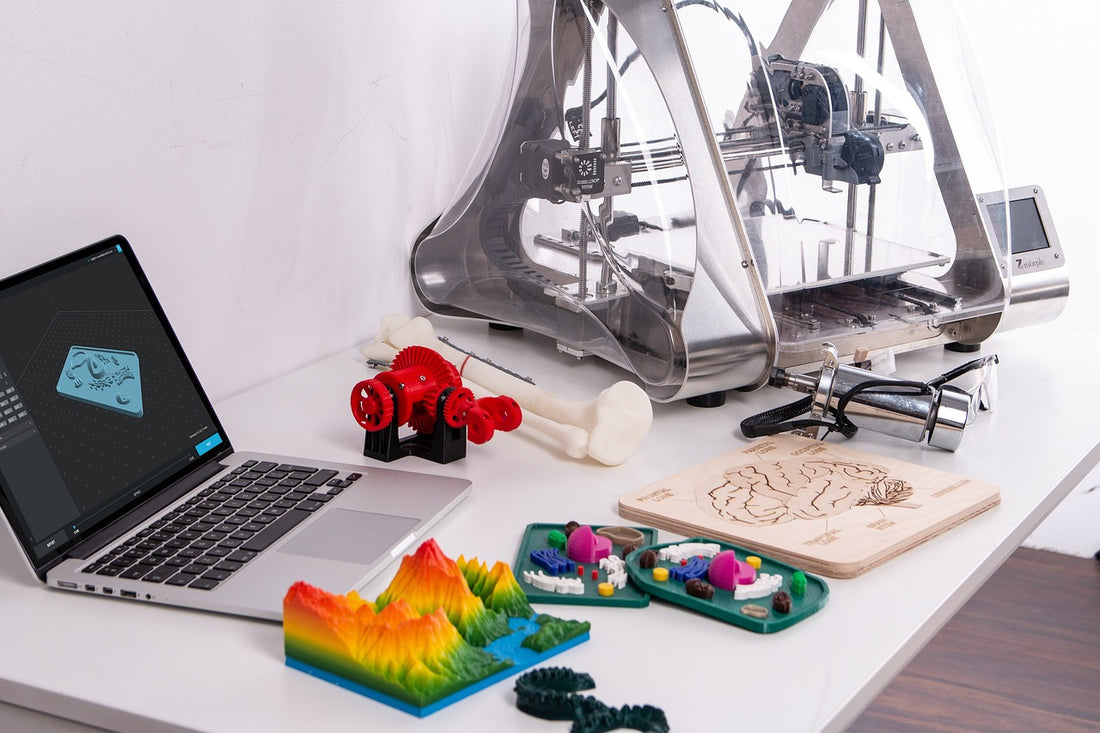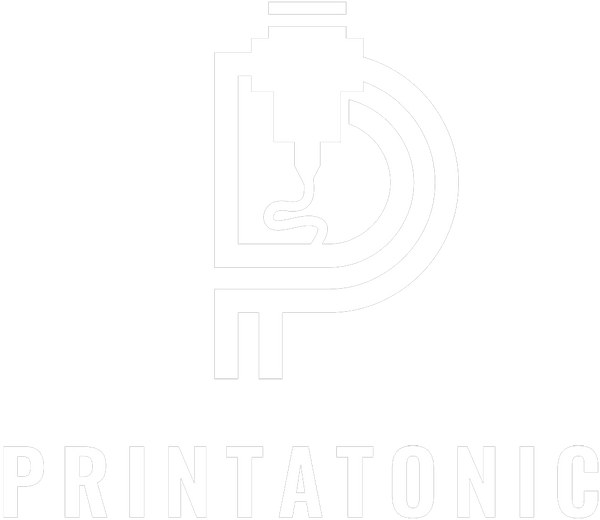
What is the printing speed of a 3D printer?
Share
The importance of 3D printing time
When deciding whether or not to purchase one of these machines, many people wonder whether or not it is worth the investment knowing the amount of time it takes a 3D printer to print. In the era of 3D printing, where creativity and innovation merge into one process, it is crucial to understand and optimize the printing time of a 3D printer. At Printatonic, your trusted source for 3D printing news and tips, we will explore how to maximize efficiency in your projects and how to print faster on a 3D printer without compromising quality.
If you need help deciding on the right printer, check out our dedicated guide .
Factors affecting 3D printing time
3D printing has revolutionized the way we manufacture objects, from prototypes to production parts. However, one of the most common challenges is the time it takes to complete a print. At Printatonic, we understand that time is a valuable resource, so we provide you with the following tips to optimize it:
Choice of material
The material used plays a vital role in printing speed. Filaments like PLA typically print faster than stronger materials like ABS. If speed is a priority, consider switching to faster-printing materials.

If the material you are using requires a high temperature to print, thermal energy losses may be affecting your 3D printer's print time. The rapid movements of the layer and nozzle cool it down, thus requiring a lower speed. Use simple materials such as PLA or PLA+, unless your parts require the structural integrity of more complex materials such as carbon fiber.
Resolution and layers
Resolution and layer thickness both affect print times. Increasing the layer height can speed up printing, but keep in mind that this can affect the final quality. Find a balance between speed and quality based on your specific needs.

Obviously, the larger the piece, the lower the resolution needed. The photo above shows a figure printed for one of our clients, with a total height of 60 cm. Pieces like this do not require a very high resolution (this figure was printed with a layer height of 0.2 mm).
Geometry and design
Designing models with simpler geometry and fewer intricate details will reduce printing time. Use design software that allows you to optimize geometry without sacrificing functionality.

The nozzle movement should be simple if we are looking for a fast print. Although the most modern printers can print at high speeds, the time in which the nozzle of our 3D Printer moves from point to point is wasted time, which will make you wonder why your 3D printer takes so long to print.
Using supports
Supports are necessary for printing objects with overhangs or sharp angles. However, use supports only when absolutely necessary, as they increase printing time. Adjust your support settings to minimize their use.

Use supports only when the layer angle exceeds 45 ° . If you have designed your 3D model yourself, try adjusting or modifying it so that it does not contain angles greater than 45 °, you will see how your parts print much faster.
Print speed
Adjust the print speed on your 3D printer. Increasing the speed can speed up the process, but keep in mind that it can affect quality. Experiment with different speeds to find the right balance.

Increasing the speed implies many things, such as greater transmission of vibrations to the piece we want to print, or greater wear on the elements of our printer. Try to find a balance point to reduce 3D printing time.
Multi-material and multi-extrusion
If your printer supports it, consider printing on multiple materials or colors at once. This can save time by avoiding manual changes between prints.

There are printers that can accept filament of various colors, and they change the filament on their own in the layers in which we have indicated that they should do so, but most users must pause the print and change the filament manually. Although most users do not print in several colors, both the first and second options mean additional time for our 3D printing.
Batch printing
When possible, group multiple objects into a single print. This can significantly reduce the time per piece compared to printing them individually.

Some Slicers - if not most - allow you to finish one part during a batch print before moving on to the next. If you are in a hurry to finish your 3D prototype, enabling this feature may be an option worth considering.
Using high-speed printers
If print speed is a constant priority, consider investing in a 3D printer specifically designed for higher speeds. These printers often have features that optimize efficiency.

There are now home printers available with speeds of up to 20,000 mm/s² acceleration. These printers can be reasonably priced (ranging from €600.00 to €1,000.00), and may be a viable option.


1 comment
Buen artículo Printatonic! Como siempre es un placer leeros. Tengo una pregunta, si uso TPU flexible tardaré más en imprimir?